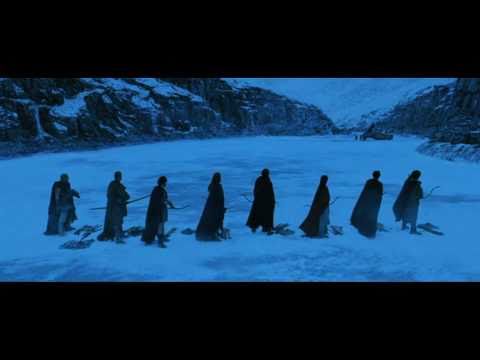King Arthur’s Last Men: Stranded in the Arctic North? December 15, 2012
Author: Beach Combing | in : Medieval, Modern , trackback*** Sorry I’m an idiot, I accidentally published two posts yesterday, one was left and one was withdrawn: this was the second that should have come out today**
The Inventio Fortunata is a lost English text describing Arctic exploration that survives only in an emended form in a copy of a copy of a copy. Reading the copy of the copy of the copy presents several problems, not least the fact that we don’t always know whether a sentence comes from the original, the first copyist, the second copyist or the third copyist. This problem is compounded several times over because of the copyists: two were expert continental geographers, but the third was an English magician and general shyster, John Dee. Not only was Dee in the embellishing line, he was also writing a chapter entitled ‘That all these Northern Isles and Septrentrional Parts are lawfully appropriated to the Crown of this Brytish Impire: and the terrible adventure and great loss of the Brytish people and other of King Arthur his subjects perishing about the first discovery thereof.’ In other words he was justifying the colonisation of the north-western Atlantic on the basis of history or pseudo-history. His was not a scientific account, but one of the first shots in the war for dominion in North America. The following is though translated from Dutch that shows that Dee did not create this.
…part of the army of King Arthur which conquered the Northern Islands ad made them subject to him. And we read that nearly 4000 persons entered the indrawing seas [near the North Pole] who never returned. But in AD 1364 eight of these people came to the King’s court in Norway. Among them were two priests, one of whom had an astrolabe, who was descended in the fifth generation from a Bruxellensis. One, I say. The eight [were sprung from] those who had penetrated the Northern Regions in the first ships. That great army of Arthur’s had lain all the winter of 530 AD in the northern islands of Scotland. And May 3 a part of it crossed over into Iceland. Then four ships of the aforesaid land had come out of the North and warned Arthur of the indrawing seas. So that Arthur did not proceed further, but peopled all the islands between Scotland and Iceland, and also people Grocland [Greenland]. (So it seems the Indrawing Sea only begins beyond Grocland). In this Grocland he found people 23 feet tall, that is to say of the feet with which land is measured.
This is a hellishly difficult text. First it references a legend that dates back at least to the twelfth century claiming that Arthur had, in the early Middle Ages, attempted to conquer the Northern Atlantic to Thule and beyond. It then describes a visit in 1364 to Norway from some men who were (though the passage is uncertain) the ancestors of Arthur’s lost army: though there was also someone from Brussels there! It is all rather confusing. Any better explanations: drbeachcombing AT yahoo DOT com
The eight men must be Greenlanders. What is interesting is the idea that they are explained as the descendants of Arthur’s army rather than what they really were: the descendants of the dragon ships. Broadly speaking there are two possibilities. The first that one of the previous copyists prior to Dee had decided that these strange Europeans from the northern Atlantic were Arthur’s men. The second that the Greenlanders themselves had come to the same conclusion and had rebranded themselves in a century that was Arthur mad. In either way in the sixteenth century we have a strange last memory of the age of Chivalry from out of the frozen north.



